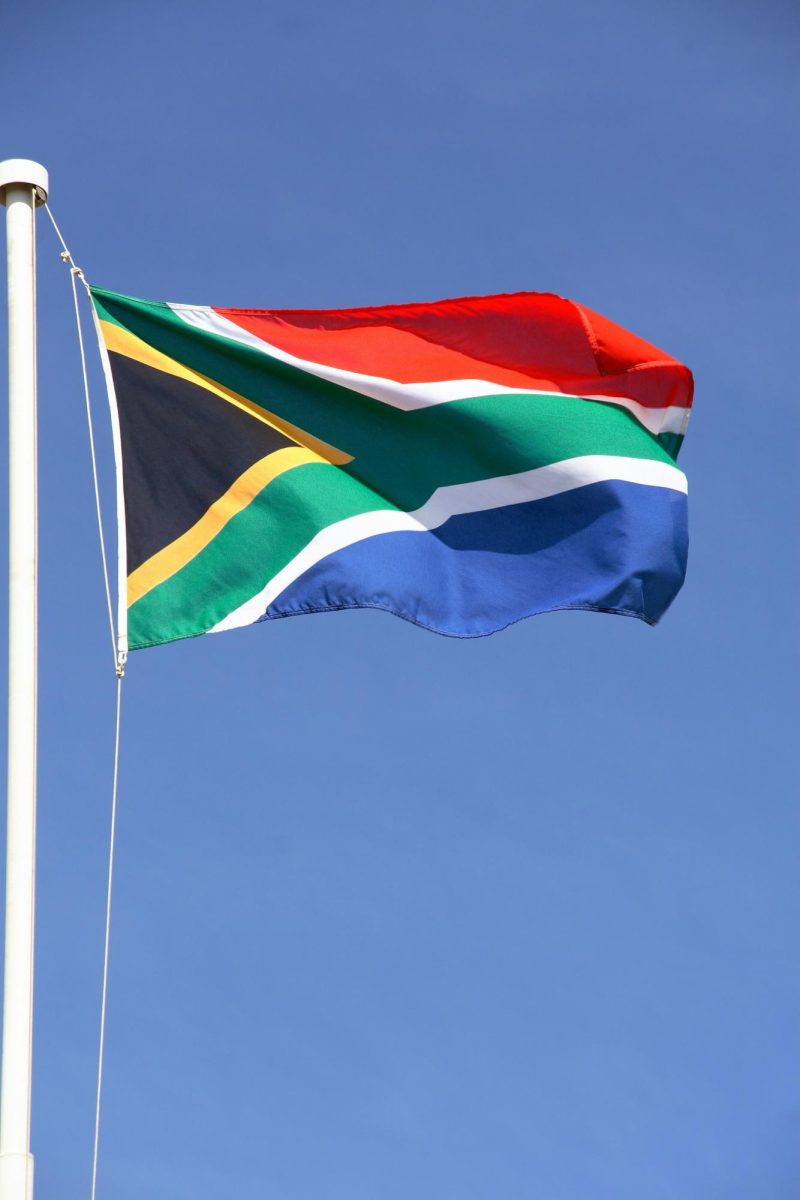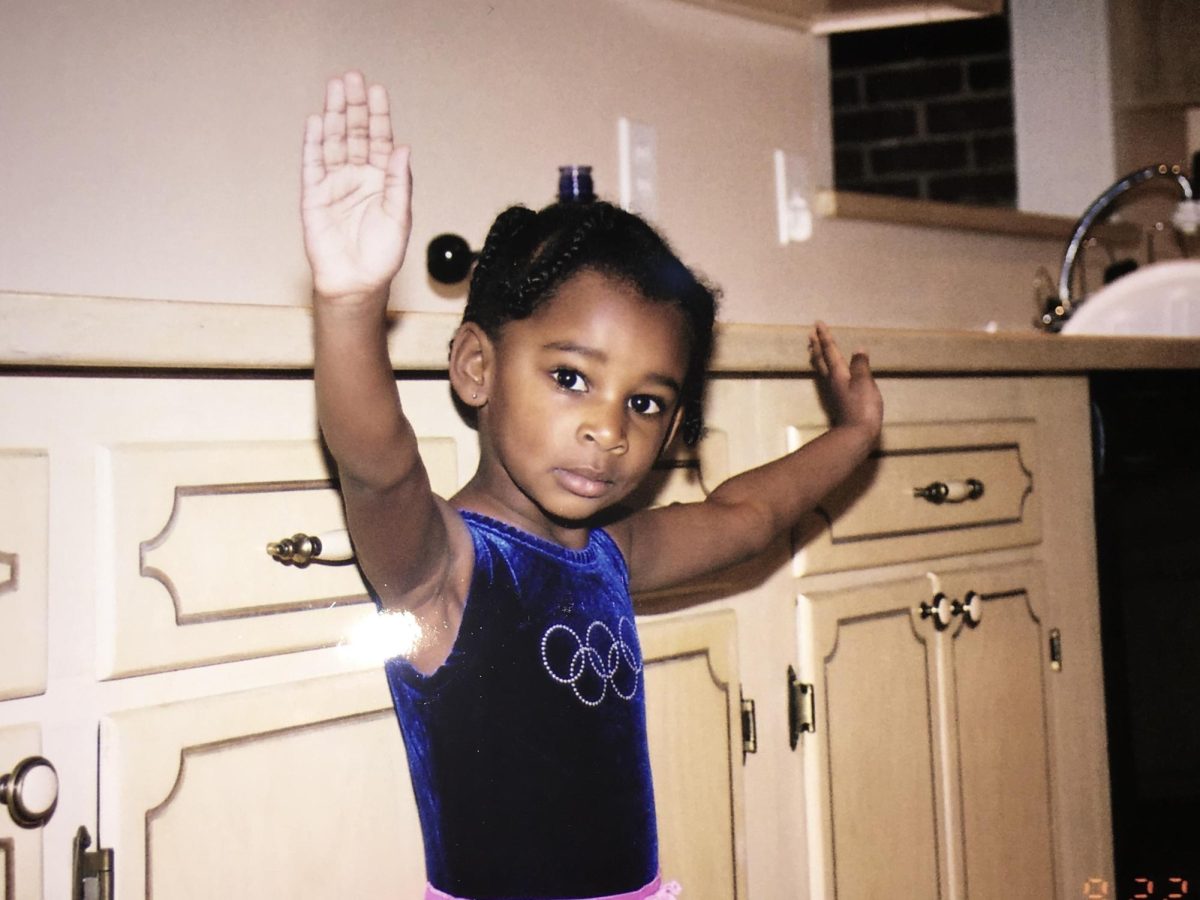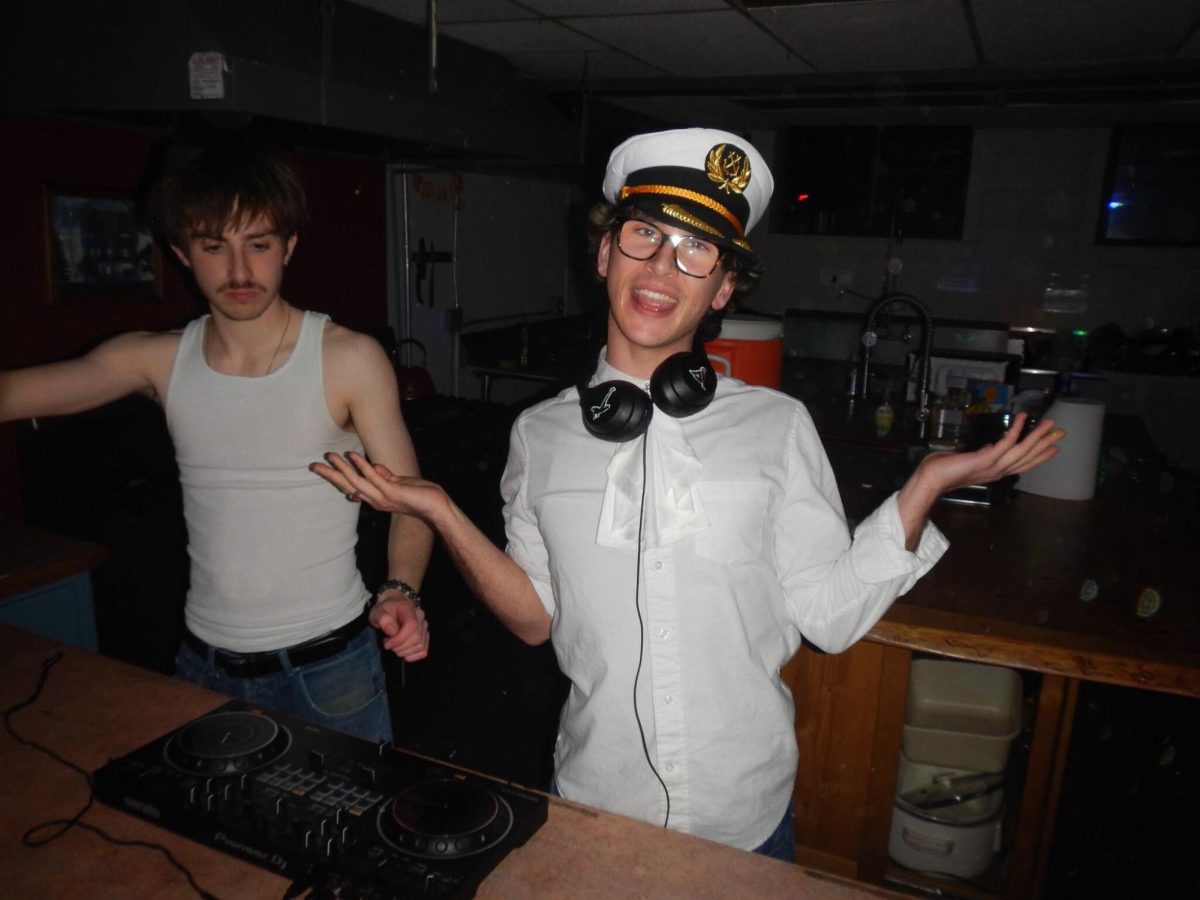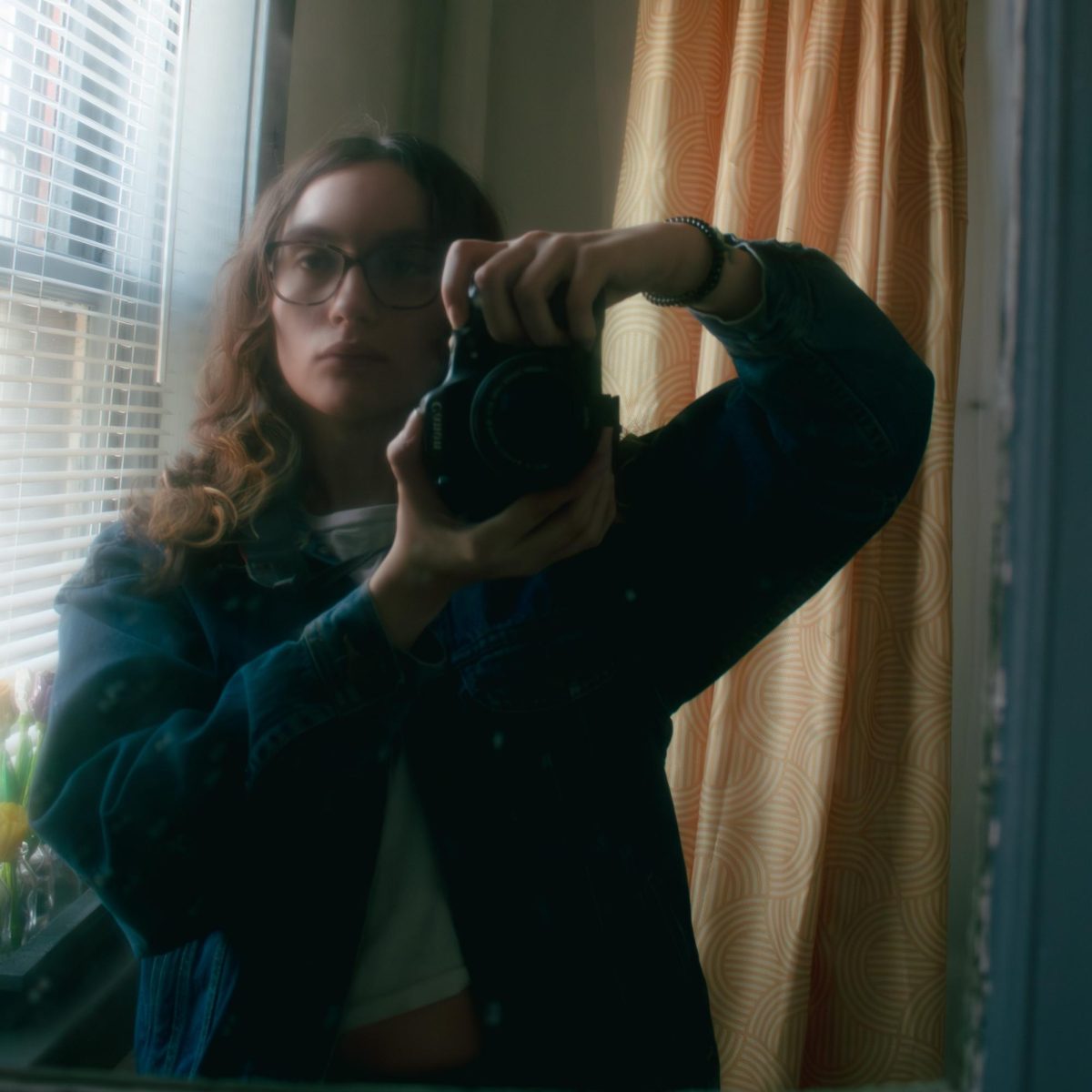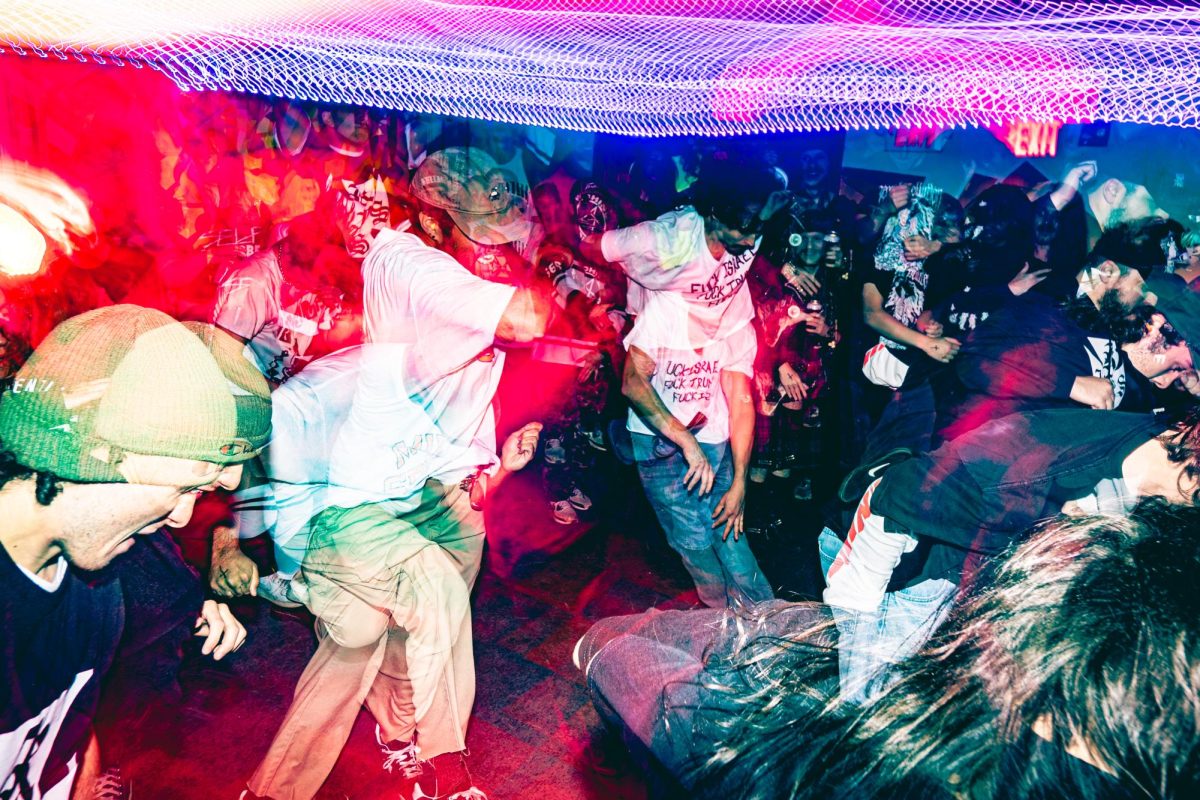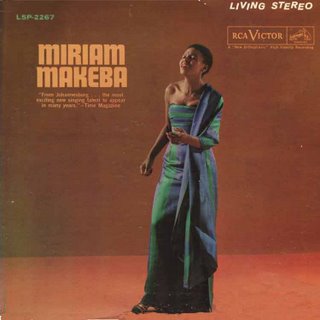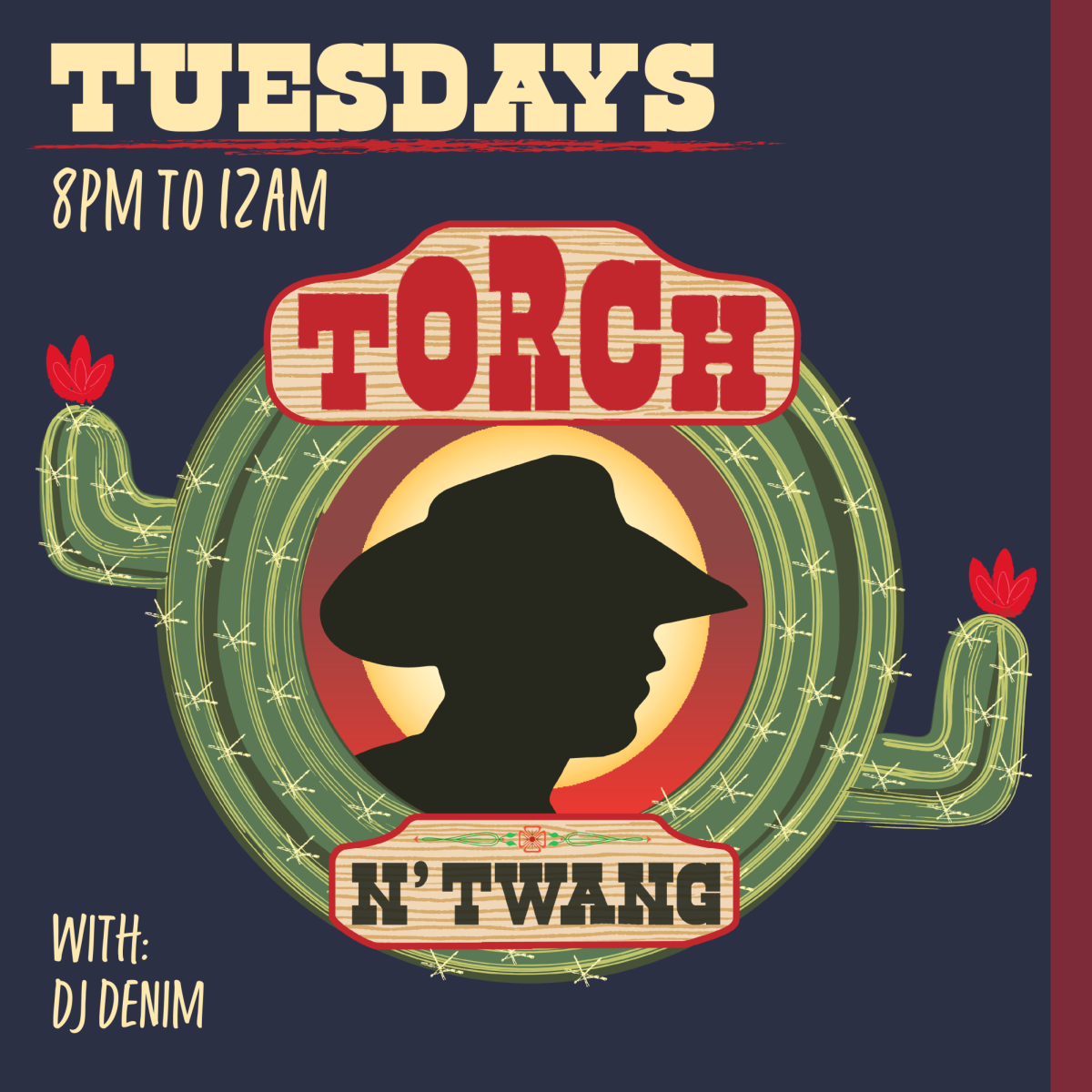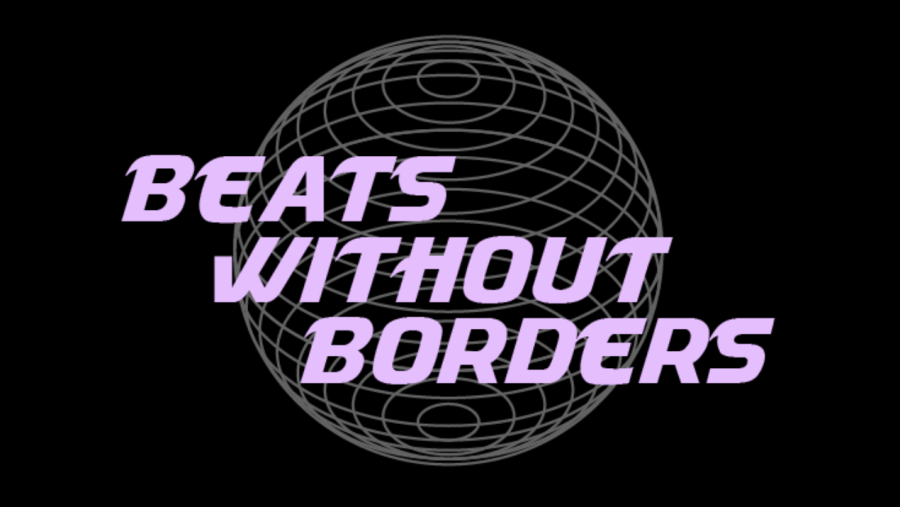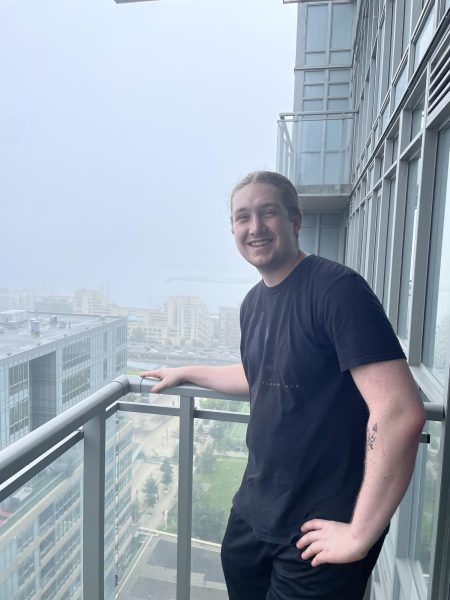April 27 in South Africa is known as Freedom Day and is celebrated as the official end of apartheid. This date was chosen because the first ever fully-integrated elections happened from April 26-29, 1994. Though this year marks the 30th anniversary of the holiday’s establishment, we shouldn’t continue to go forward without acknowledging the past that created this holiday.
As a way to consolidate their power, the apartheid South African government would ban songs that didn’t align with their ideas of racial superiority for a wide variety of reasons. The reasons would range from Pink Floyd’s “Another Brick in the Wall,” having lyrics that were used as a rallying cry for a protest, to Bob Marley’s music being played by members of the Zimbabwe African National Liberation Army, or ZANLA, during their guerrilla fight for independence from the United Kingdom and Marley’s appearance during the independence festivities in Harare, to Miriam Makeba’s entire discography — as well as herself — being barred from the nation due to her unapologetic opposition to apartheid. Apartheid saw some of the most coordinated attacks on the freedom of artistry, which saw the cultural hub of Sophiatown razed and many of its most talented artists, such as Makeba and Dolly Rathebe, forced to flee South Africa.
Today, we live with the privilege of being able to listen to artists from across the world and hear stories from people from across the world. It is difficult to even fathom that not long ago, artists would be barred from the air for daring to fight against oppression. As we move forward, let us not forget about the artists whose music was banned from air in South Africa. May we use their songs as reminders to not let the past repeat itself.



